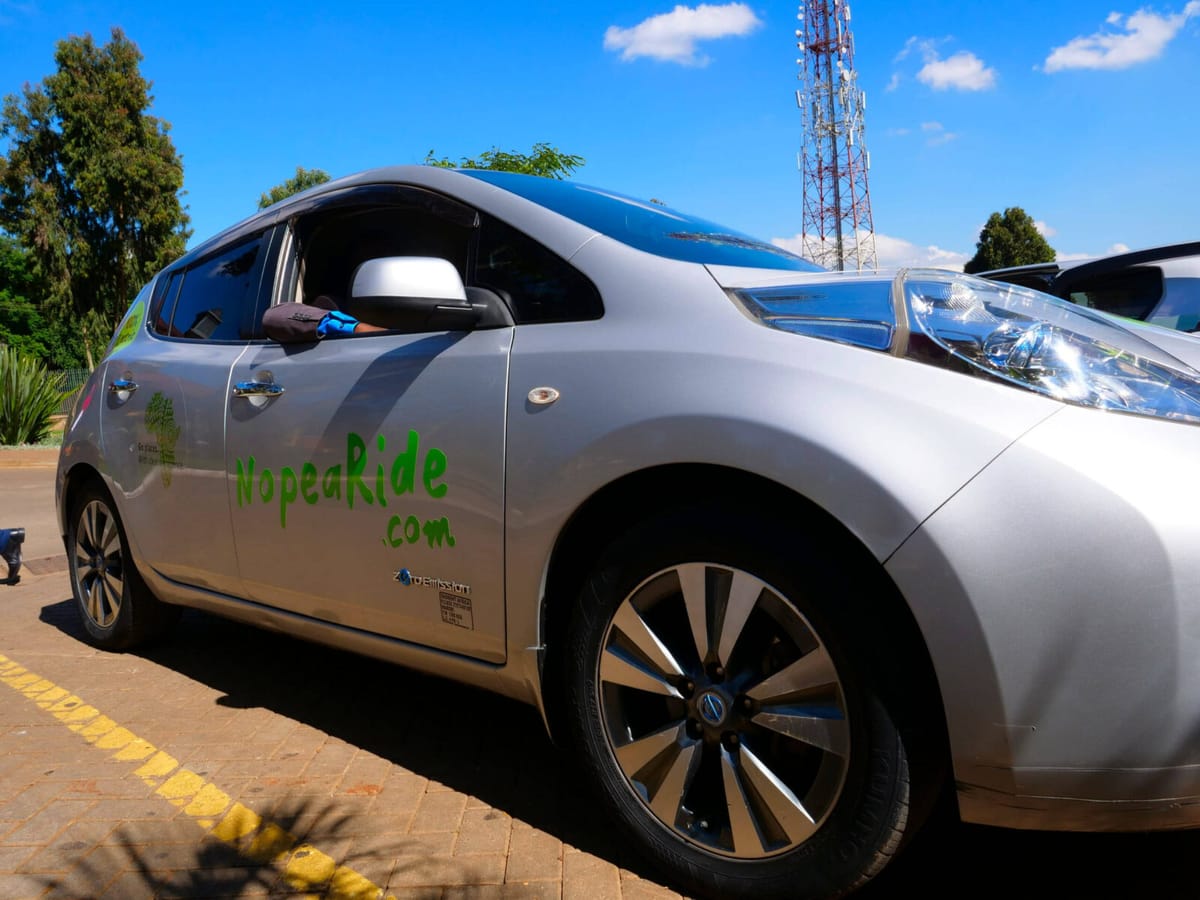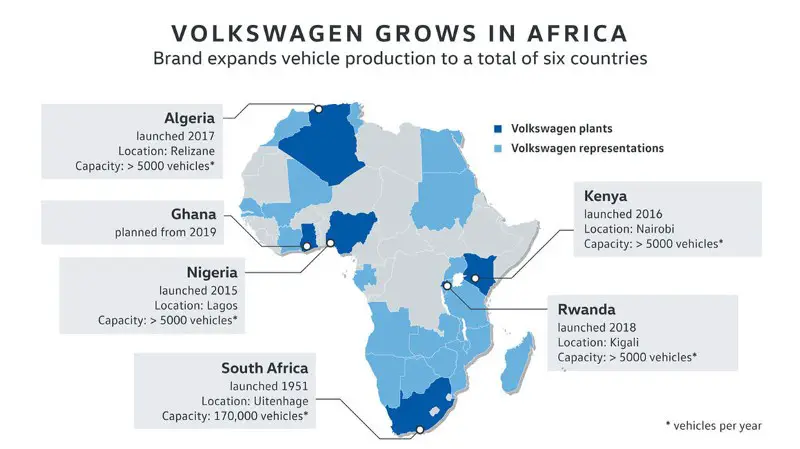Africa Electric Car Mobility
Technology has used electricity to advance the lives of people in many ways. Now the possibility exists to use it for consumer vehicles…

Technology has used electricity to advance the lives of people in many ways. Now the possibility exists to use it for consumer vehicles. Companies in Kenya such as Nopia Ride, Knights, and App import EVs and hope to import many more by the end f 2019. Meanwhile, government officials hope to ensure that such vehicles are safe and affordable.
But therein lay the problem. EVs are not affordable for the average person. They remain a luxury for the rich. In those countries that use EVs, the cost of the vehicle is heavily subsidized by the government, as evidenced by Elon Musk and his Tesla corporation in the US. In addition, the government subsidizes an infrastructure by which these vehicles are charged. The end result is a product for rich people that the government subsidizes. Does that make sense?

While EVs do not use fossil fuels themselves, the electricity used by the EVs does, as does the very expensive process of manufacturing the EVs. Still, EVs make sense in a city environment where the population benefits from a reduction in smog-producing gases, but they make no sense in a rural environment where air quality is not affected by vehicle emission and where charging stations would be prohibitively expensive. Kenya Power already has difficulty providing reliable electric power in rural areas. EVs would further strain an already inadequate system.
Before Kenya adopts EVs, the government needs to consider whether such a large expenditure of tax-payer money may be justified for something that does not benefit a significant segment of the population. Moreover, EVs also have a negative environmental impact, such as the disposal of batteries once their useful cycle life is over. Other questions need consideration, as well, such as the durability and safety of the batteries under Kenya's climate conditions. Such questions need further study before Kenya commits to EVs, and such a study needs to be truthful because the study is about discovering the truth. Too easily corrupt, political motives substitute for well studied and honest reflection on important government decisions. Of course, it might be better for the government simply to stay out of EVs completely and allow private industry to take care of it.
The greatest benefit to Kenya is that EVs will make petrol and diesel vehicles more affordable as other countries seek to get rid of conventional cars, as they move toward EVs.
The 4th UN environment assembly created a partnership between Kisumu County and Kenya's power to introduce 50 electric motorcycles. The Chinese company TAILG donated the motorcycles. They signed a memorandum of understanding with the UN environment assembly to support “electric mobility.” Of course, Kenya has been burned by China before who promised great advances for Kenya but only ended up putting Kenya into a debt spiral from which they cannot recover. Thus a certain amount of skepticism is needed. Moreover, one may question how helpful the UN has been in helping Kenya become less corrupt and more financially stable. In many ways, the UN has acted no differently than former colonial powers.
Perhaps Kenya should wait and see how the EVs fare in other countries before adopting this questionable technology. Perhaps, further study is needed in order to improve battery technology so that EVs may truly be an acceptable substitute for petrol and diesel vehicles. Protecting the environment is good, but the best way to protect the environment is to reduce poverty. EVs could have the unintended, secondary effect of increasing poverty by making government funding less available for programs that benefit a significant part of the population.
Audi, Jaguar and Nigus Enfinity have released plans to market EVs in Kenya and eventually have an assembly plant here. As long as the government does not get involved, it could succeed; otherwise, corruption and over-regulation could jeopardize their plans. In the end, Kenya should be cautious in adopting a technology that, in the end, requires more study.




